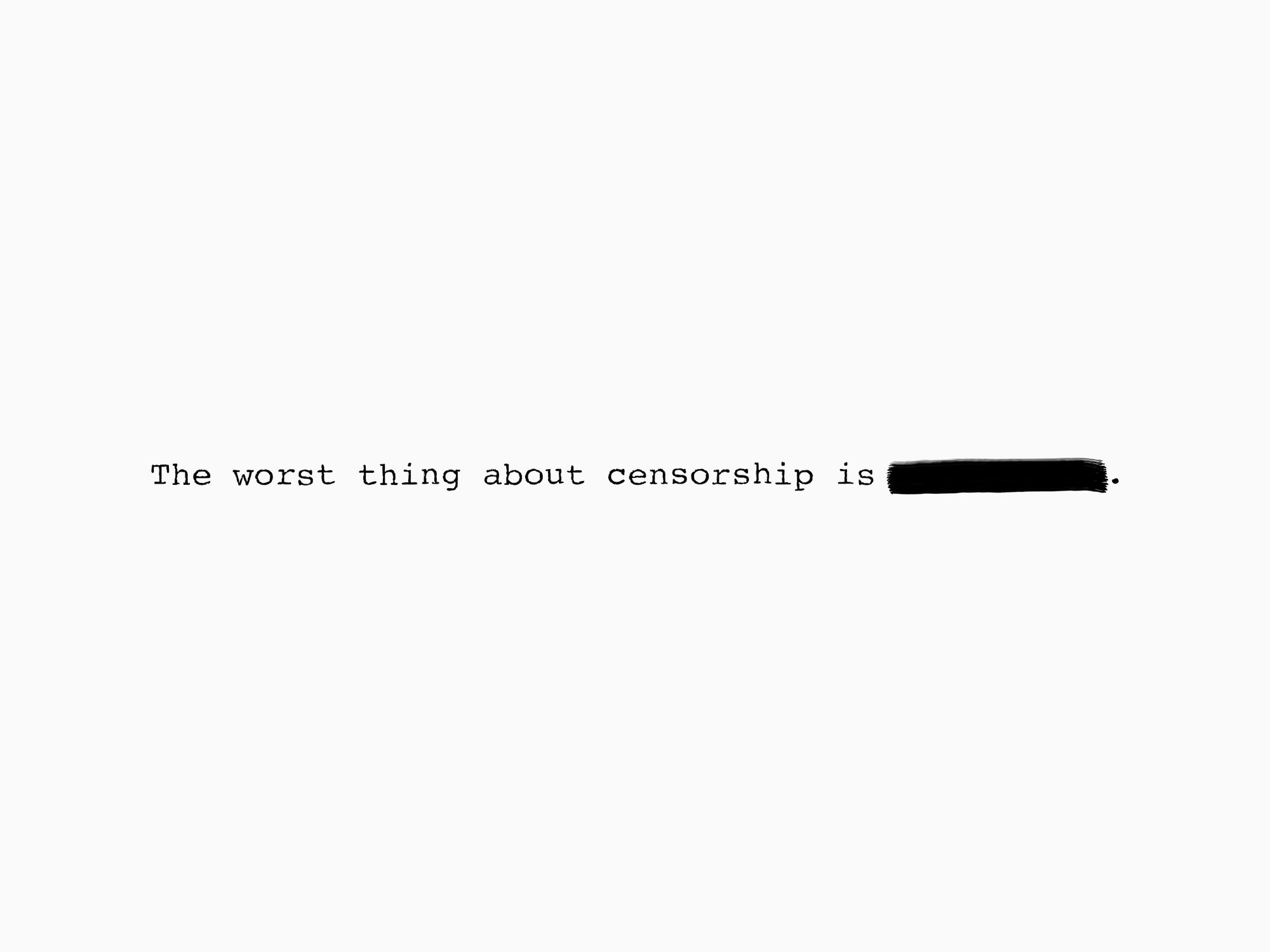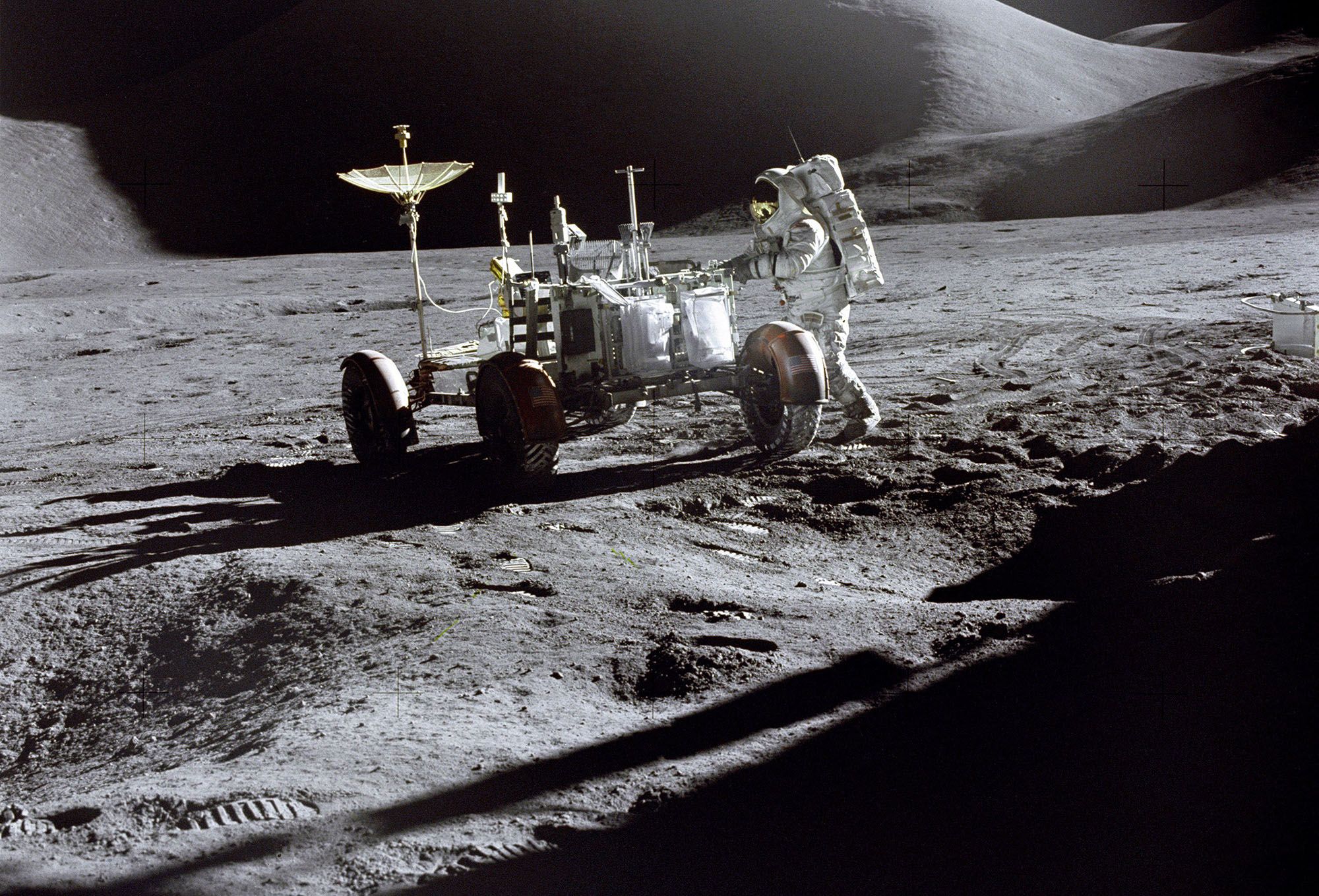Unveiling AKASHA

For the past year we have worked on AKASHA, a next-generation social media network powered by Ethereum and the Inter-Planetary File System. Today, May 3rd, we celebrate World Press Freedom Day by unveiling our project to the world at large and opening the signups for the alpha release.
Freedom of expression mayday
"Freedom of expression is the matrix, the indispensable condition, of nearly every other form of freedom." --- Benjamin Cardozo

Before delving into the project itself I would like to explain the why behind it and what we are aiming to achieve.
Ever since I joined Vitalik in the Ethereum project as co-founder in late 2013, I've dreamed about the ways Ethereum could be used to solve some of the biggest issues we face as a civilization.
However, it wasn't until early 2015 when I first realized that we are about to create the missing puzzle piece that will enable us to tackle two of the most important challenges we face today as a modern information-based society: freedom of expression and creative perpetuity.
A quick search with the keyword "censorship" on your favorite search engine will return a number of results, most of them involving social networks with hundreds of millions and even billions of active users.
But censorship is not something new that came with the Internet. It is an old creature of the mind that has existed for millennia, stigmatizing in numerous ways humanity's collective memory.
From libraries destroyed, to burned people and books, we have witnessed as a society the atrocities born from powers exercising censorship for their own interests, be it for more power, religion, money or population control.
All in all, history has taught us that when censorship shows its ugly face it usually isn't in the best interest of society and people at large. On the contrary. Now, with all the horrible things that have happened you might think that we would learn from the mistakes we've made and avoid making them again.
Sadly, that is not the case: The situation we are currently in, when it comes to freedom of expression, is one of the most precarious we have ever faced as a society.
We are living in an information-based society that has outsourced its freedom of expression and collective memory to corporations that don't always have our best interests at heart.
That being said, I am not implying that there's necessarily some sort of evil agenda at play here, but we have seen numerous times how established companies have to comply with certain requests if they want to stay in business.
It just so happens that some of those requests involve censorship, and the root problem here is the information architecture used. This centralized architecture enables the companies to honor such obnoxious requests in the first place.
There is a lot of controversy when it comes to censorship and freedom of expression in general, but we should remember that even if we're talking about modern mediums of information, the problem of censorship is older than democracy itself.
Censorship has outlived monarchies, tyrannies, and oligarchies, evolving into today's abomination with new superpowers thanks to the centralized information architecture deployed by mainstream publishing platforms. There is the ability to instantly delete anything from the shared collective memory with a simple command line.
Burning people, books and libraries is one way of doing things, but the current reach and implications of censorship when talking about billions of people and millions of petabytes are mind-boggling.
This leads to another serious problem stemming from the centralized architecture: the incredibly short life of information on the Internet. According to Internet Archive, the average life of a website on the Internet is about 100 days. That is nothing more than a blip when looking at a time frame of decades.
The next time you stumble upon a 404 page remember that it is a small tragedy in itself. It is almost as if our collective mind has lost a piece of its memory, sometimes forever.
We are basically living in an information age plagued by arbitrary censorship and digital amnesia, affecting every Internet user.
What would happen if there was no server to delete information from and instead the content would live forever on a decentralized network serving data through a fractal of nodes?
We're about to find out.
Pioneering Web 3.0 publishing
"There are many things that seem impossible only so long as one does not attempt them." -- André Gide

Probably one of the most valuable things we have as a team is the hacker mindset allowing us to look beyond blocks and disappointments, seeing them instead as interesting challenges that, if solved, can really make a difference.
We began developing the AKASHA prototype back in 2015 using Meteor and it was quite an interesting (and at times frustrating) journey; there are no "right" or "wrong" ways of doing things since we are navigating in deep uncharted territories.
This is how, by the end of 2015, we started to understand that Meteor is great for many things but not for what we needed, especially as it started to undergo fundamental architectural changes. It was almost like trying to build a card castle on top of moving sands.
However, the prototyping stage offered us invaluable insights into what to do and what not to do in some regards while also giving us a general idea on how we should approach the development of the "real" application.
After a few weeks of intense research we found a satisfying stack for building a minimum viable product (MVP). Besides Ethereum and IPFS, our tech stack is composed of Electron, React with Redux, and Node.js.
Along the way we also began to better understand the possibilities opened by AKASHA. More than a social media platform, we're basically building the social fabric for the nascent etherweb.
From collaborative journalism to social crowdfunding, from reusable annotations to social wikis, we see a fractal of opportunities opening in front of us.
It is very challenging to stay focused when so many "shiny things" tend to mesmerize your mind but we took a decision to start with blogging as the building block for what's to follow.
And so we began working on a decentralized social blogging network as our MVP, with the goal of creating in the process a product that will empower people from around the world with unfettered freedom of expression.
This is where we make our stand.
We can do things better now, and we will.
We have to.
Humanity needs a better home of Mind.
Today is when it all begins
"A dream you dream alone is only a dream. A dream you can dream together is reality." --- Yoko Ono

In an article titled "Locking the Web Open, a Call for a Distributed Web" the Internet Archive founder says the following:
Freedom of expression, privacy, and universal access to all knowledge should all be baked into the code. But right now, those values are not embedded in they way the Web works.
...
Public key encryption is now legal, so we can use it for purposes of authentication and privacy. And we have Block Chain technology that enables the Bitcoin community to have a global database with no central point of control.
I've seen each of these pieces work independently, but never pulled together into a new Web. That is what I am challenging us to do: funders, visionaries, coders, and activists-- this can be a Big Deal, and it's not being done yet!
Brewster Kahle is basically describing the emergent Web3 made possible by Ethereum, and AKASHA is going to be one of the first decentralized applications giving users a glimpse at what the future of this new web might look like.
That being said, Ethereum is not the solution to everything but it is definitely an important part of a potential solution. The same can be said about the Inter-Planetary File System and the rest of our technology stack.
But that is not the point in the first place --- the point is to leverage existing technologies and build a better web.
With Ethereum we remove the need for servers, avoiding from design stage all the problems associated with censorship. With IPFS and its permanent web infrastructure we ensure the access to information through a planetary-scale information network without central points of failure and bottlenecks.
This is how AKASHA makes possible a new paradigm for Internet publishing and a new model that eliminates from the design stage some of the biggest problems we've encountered on the web for the past 20 years.
We are now approaching the alpha stage and we need brave users and developers to participate in this historic release. We expect to gradually start sending the alpha invites for Linux, MacOS and Windows in the coming weeks.
Today we are calling everyone that resonates with this project and what it stands for to join us in the quest for a better web. A web where freedom of expression and privacy are not optional, but fundamental standards embedded into code.
Such basic human rights should not be optional to begin with.
It is our hope that years from now, we will look back at today --- May 3rd, 2016 --- as the day on which the idea that freedom of expression can be a default standard on the web took root on the Internet.
We deserve a better web, and we now have the tools to create it.
Step by step, service by service, and application by application we can build something truly world-changing.
It will not be easy, but we can do it, together.
Join us in this odyssey into the ether!
